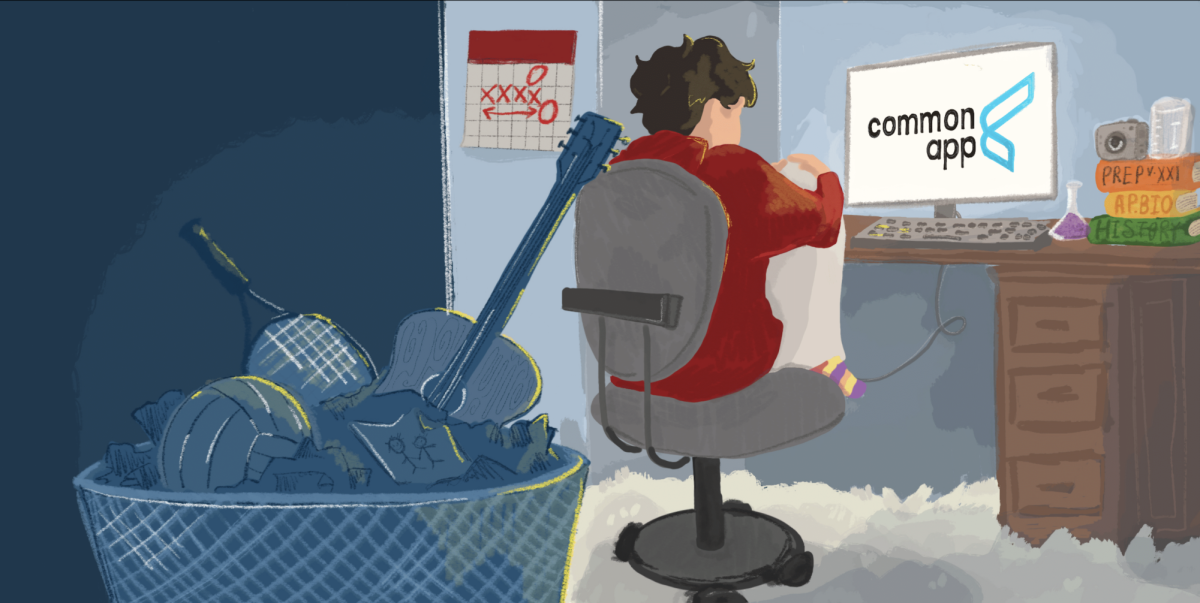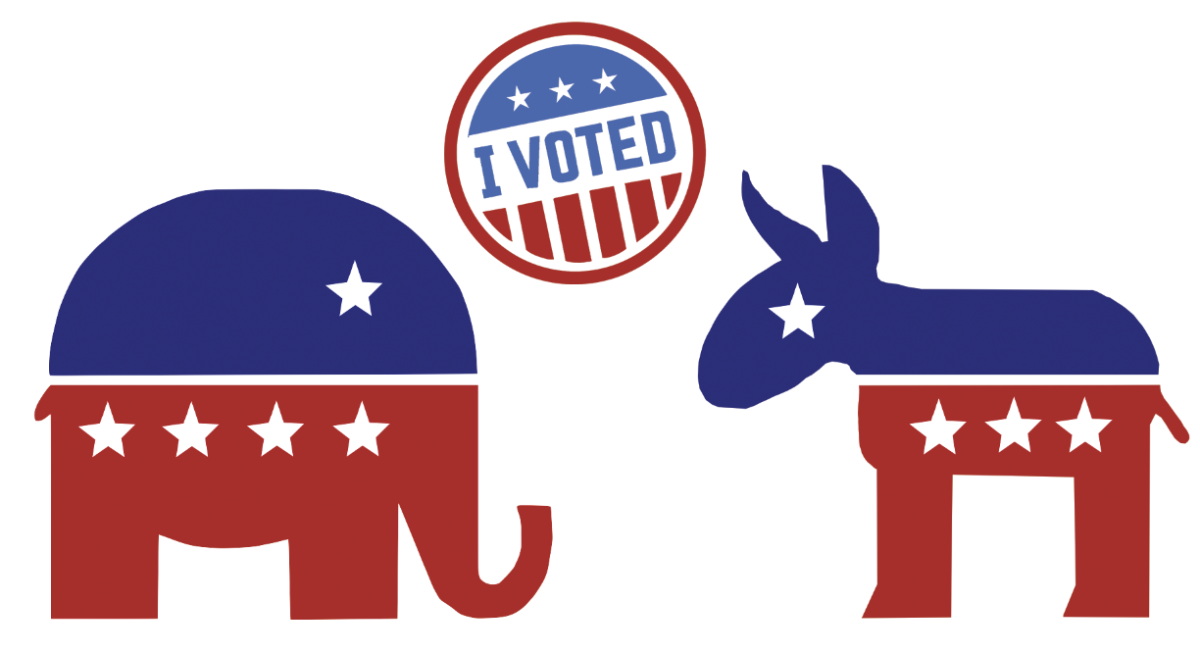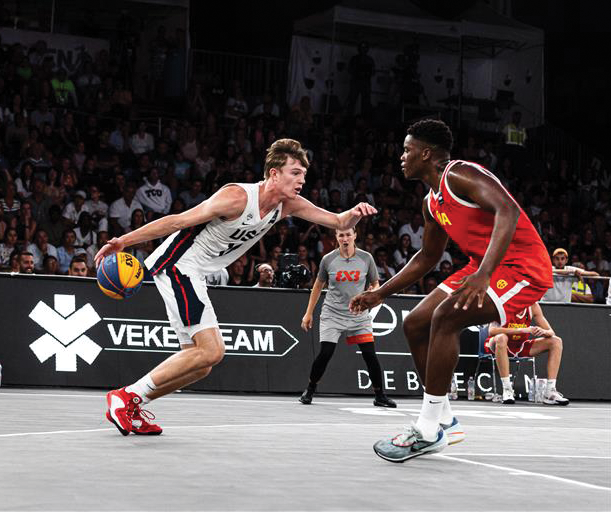Stop conflating female objectification with liberation
Whether it be in Playboy Magazine or sexual education courses, women are often put in the position where they are confused on whether to hyper-sexualize themselves or do the exact opposite. From a young age, women are constantly objectified by the media and are then blamed for putting themselves out there in the first place.
Women being sexual is not inherently bad. Promiscuity and wearing “revealing” clothing are not shameful actions, but self-sexualization is not the key to breaking free from patriarchy. Indeed, it is working within it.
In this age of social media, hyper-sexualization of girls is pushed and promoted as empowerment. Popular phrases like “owning my body” connote a sex-positive meaning, but the question still remains: Are girls and women really in the driver’s seat of the push for empowerment?
Conforming to patriarchal ideas can never be considered sexual liberation or empowerment because it reinforces the roots of misogyny and objectification.
On TikTok and Instagram, there is a circulation of sexual trends and even videos promoting sex work to an impressionable audience of tweens and young teens. Many of these videos have been taken down for endangering “minor safety.” A third of TikTok users may be 14 years old or younger, according to the New York Times.
Pushing the idea that women must be seen as sexual objects puts a lot of pressure on the younger generation to feel fully accepted by society. It is dangerous for minors to present themselves in this manner, especially on the Internet, where oftentimes the audience includes viewers beyond the intended scope.
Before young girls decide how to act, they have to be fully informed, but it is not possible to be completely aware of the implications of one’s actions at a young age. Even if women can feel empowered by sexualizing themselves, there is absolutely no way to be empowered if that empowerment involves the sexualization of minors.
The inclination to rebel against societal norms like dressing conservatively is natural given the objectification of women’s bodies in the past. A woman can profit from her sexuality by possessing free will over her own body, but selling sex or commodifying one’s body only further objectifies women.
Although the goal is to break free from societal pressures influencing women to look or act a certain way, structuring appearance around society’s narrow standards for women only advances the idea that a woman’s worth is directly related to how physically attractive she is. As a result, objectification can never truly be in a woman’s best interest, because it is centered around male validation.
As women continue to search for ways to empower themselves in a society catered to men, they are forced to resort to what they find familiar: External validation. Even when self-imposed, sexualization results in objectification and dehumanization.
Attempting to escape the patriarchy is a natural instinct for women and young girls, but self-sexualization is a step in the wrong direction. In objectifying themselves, women are unintentionally conforming to the mold they have historically worked to break free from.







































Laura • Jan 3, 2022 at 5:37 pm
Thank you!!